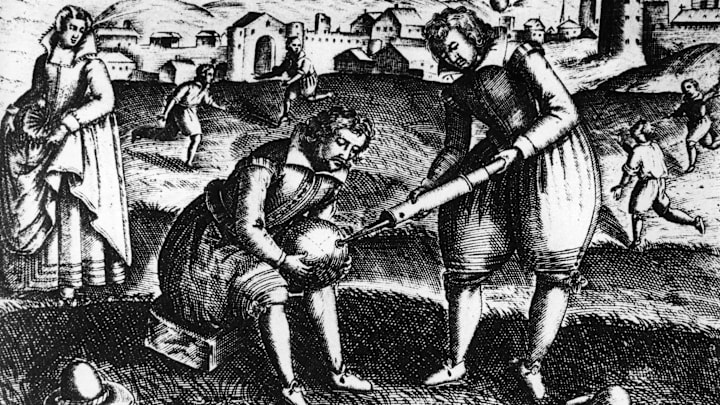Echoes Through Time: Is History Repeating Itself or Just Rhyming Loudly?

It’s a phrase we’ve all heard, often with a knowing sigh or raised eyebrow: “History repeats itself.” Whether it’s political tension, economic turbulence, or cultural unrest, every generation seems to look back and draw eerie parallels to the past. But are we truly walking in circles through time, or are we simply seeing familiar patterns dressed in new clothes?
The idea that history repeats is both comforting and unsettling. On one hand, it suggests predictability—a kind of cosmic script we can learn from. On the other, it warns that humanity is prone to making the same mistakes over and over, despite all our accumulated wisdom.
Familiar Dramas on a New Stage
Take the rise and fall of empires. From the Romans to the British to the digital-age superpowers, the cycle of expansion, overreach, and eventual decline seems to be a recurring script. Or consider economic patterns: the roaring '20s followed by the Great Depression bears more than a passing resemblance to the 2000s housing boom and the 2008 financial crash. Wars, too, often begin with the same ingredients—nationalism, territorial disputes, the slow collapse of diplomacy—even as the technology of destruction evolves.
And then there are cultural backlashes. Each era of liberal progress seems to be met with a counterwave of conservatism, like a societal pendulum swinging back and forth. The 1960s flowered with revolution and freedom; the 1980s responded with economic restraint and traditionalism. In our current time, debates around gender, race, and identity feel like both a continuation and a reinvention of battles fought decades ago.
The Trick of Patterns
But let’s pause before declaring history a full-blown loop. Often, what we perceive as repetition is more like a rhyme—a familiar rhythm, not an exact replica. The core human emotions driving events—fear, greed, hope, pride—are timeless, but the context is ever-changing. The French Revolution and the Arab Spring may both be uprisings of the people, but their triggers, technologies, and global impacts are dramatically different.
This idea—that history rhymes rather than repeats—was famously attributed to Mark Twain (though, ironically, there’s no solid evidence he ever said it). Still, the metaphor sticks because it feels accurate. History gives us motifs, not Xerox copies.
Learning or Looping?
The real question might be: are we learning from the past, or just letting it echo without understanding?
Sometimes, historical parallels act like warnings. The resurgence of authoritarianism in certain corners of the world inevitably invites comparisons to the 1930s. These references are more than academic—they’re calls to vigilance. Similarly, remembering how pandemics were handled in the past helped (and sometimes hindered) our responses to COVID-19.
But often, we cherry-pick these parallels to support whatever narrative we favor. The danger lies in oversimplification. Not every economic crisis is a Great Depression. Not every loud politician is a dictator in disguise. If we lean too hard on the idea of repetition, we risk treating complex modern issues with outdated playbooks.
Human Nature: The Real Loop?
Perhaps the more uncomfortable truth is that it’s not history that repeats—it’s us. Human behavior, for all our intelligence and advancement, remains strikingly consistent. We want safety, prosperity, recognition. We form tribes, we fear outsiders, we seek meaning. These impulses drive much of the “repetition” we see across centuries.
Until we change how we process power, fear, and community, our history may keep singing the same refrains—albeit with new instruments.
Time Isn’t a Circle, But It’s Not a Straight Line Either
So, is history repeating itself? Not exactly. But it’s humming a tune we’ve heard before—sometimes comforting, sometimes haunting. The challenge is not just to notice the pattern, but to decide what to do with it.
We may not be able to rewrite the first verses of our collective story, but we are always the authors of the next chapter. Whether we fall into the same chorus or compose something new—that choice is ours, every single day.